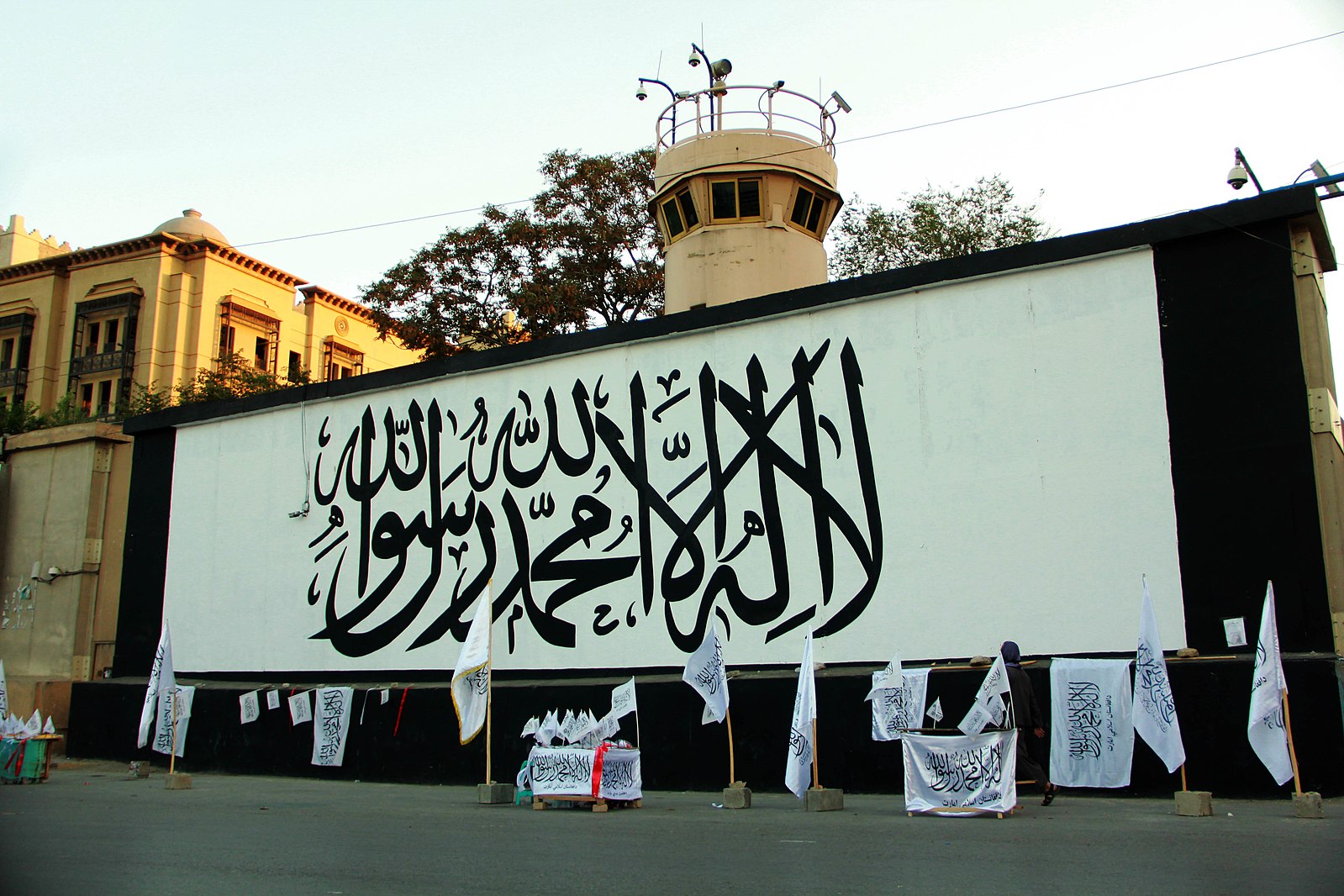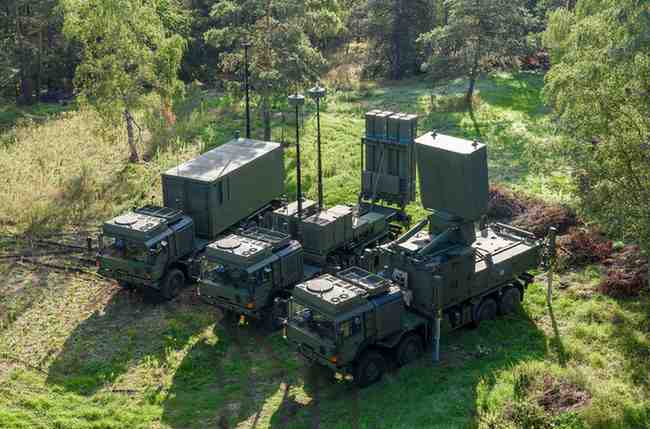In recent years, Afghanistan has emerged as a place of profound global significance for terrorism, with numerous extremist groups finding bolt hole within its borders. The country’s unstable political landscape, porous borders, and historical ties to militant organizations have made it an attractive breeding ground for terrorist activities. The presence of at least 20 different terrorist groups operating in the region has raised warning bell worldwide, and a recent United Nations (UN) report highlights a concerning development: the merging of Al Qaeda and the Tehrek-i-Taliban Pakistan (TTP).
Afghanistan is experiencing foreign invasions, civil wars, and internal conflicts for many years. In addition, these factors not only create hurdles for the country on the way to success but also allowed many terrorist groups to spread chaos and establish strongholds within the country. Terrorist organizations like The Haqqani Network, Lashkar-e-Taiba, Islamic State-Khorasan Province (ISKP), and others have found refugee and operational bases in Afghanistan.
The UN recent report published earlier this month, underlines the growing ties between two of the most challenging terrorist groups; AI Qaeda and the banned TTP (Tehrek-i-Taliban Pakistan). These groups have a profound history of devastation and numerous attacks in the region. Merging of these groups poses significant threat not only to the regional security but also to that of global security as it combines AL Qaeda’s global reach and experience with TTP’s operational capabilities and influence in Pakistan.
UN report also highlighted that the increasing instability of the region was caused by the withdrawal of foreign troops from Afghanistan. The point was made that as foreign forces gradually exited the country, a power vacuum was created, enabling terrorist groups to escalate their activities.
Over and above that, the UN report straighten out on the financing of these terrorist organizations. It’s important to understand that these type of terrorist groups gain profits from illegal activities such as drug trafficking, extortion, and kidnapping. The porous borders, weak law enforcement, and lack of effective governance have facilitated their illicit operations, enabling them to maintain a steady flow of revenue.
The UN report calls for enhanced sharing, regional cooperation, and targeted actions to disrupt the terrorist’s networks and to dismantle their support infrastructure. The situation in Afghanistan poses a severe challenge to global security. The unchecked growth of terrorist groups in the country not only threatens the stability of the region but also has far-reaching implications for the rest of the world.
However, Afghanistan’s Taliban rulers have rejected the UN report as incorrect.
“The UN Security Council report is not true. Al Qaeda has no presence in Afghanistan,” ~Zabihullah Mujahid.

The primary spokesperson for the Afghan Taliban, tweeted these words on Friday July 28, 2023.
Considering current scenarios, it’s important to combat terrorism in Afghanistan which demands an extensive and multi-faceted approach that addresses the root causes of extremism, while also promoting political stability, economic development, and social cohesion within the country and collective efforts are required to prevent Afghanistan from becoming a haven for terrorists.
Author: Inshrah Komal is a dedicated student of International Relations at Quaid-e-Azam University, honing her skills in research, writing, and fieldwork to shape a brighter global future. A rising force in the realm of diplomacy and cooperation.
- Global Defense Insighthttps://defensetalks.com/author/umair/
- Global Defense Insighthttps://defensetalks.com/author/umair/
- Global Defense Insighthttps://defensetalks.com/author/umair/
- Global Defense Insighthttps://defensetalks.com/author/umair/













